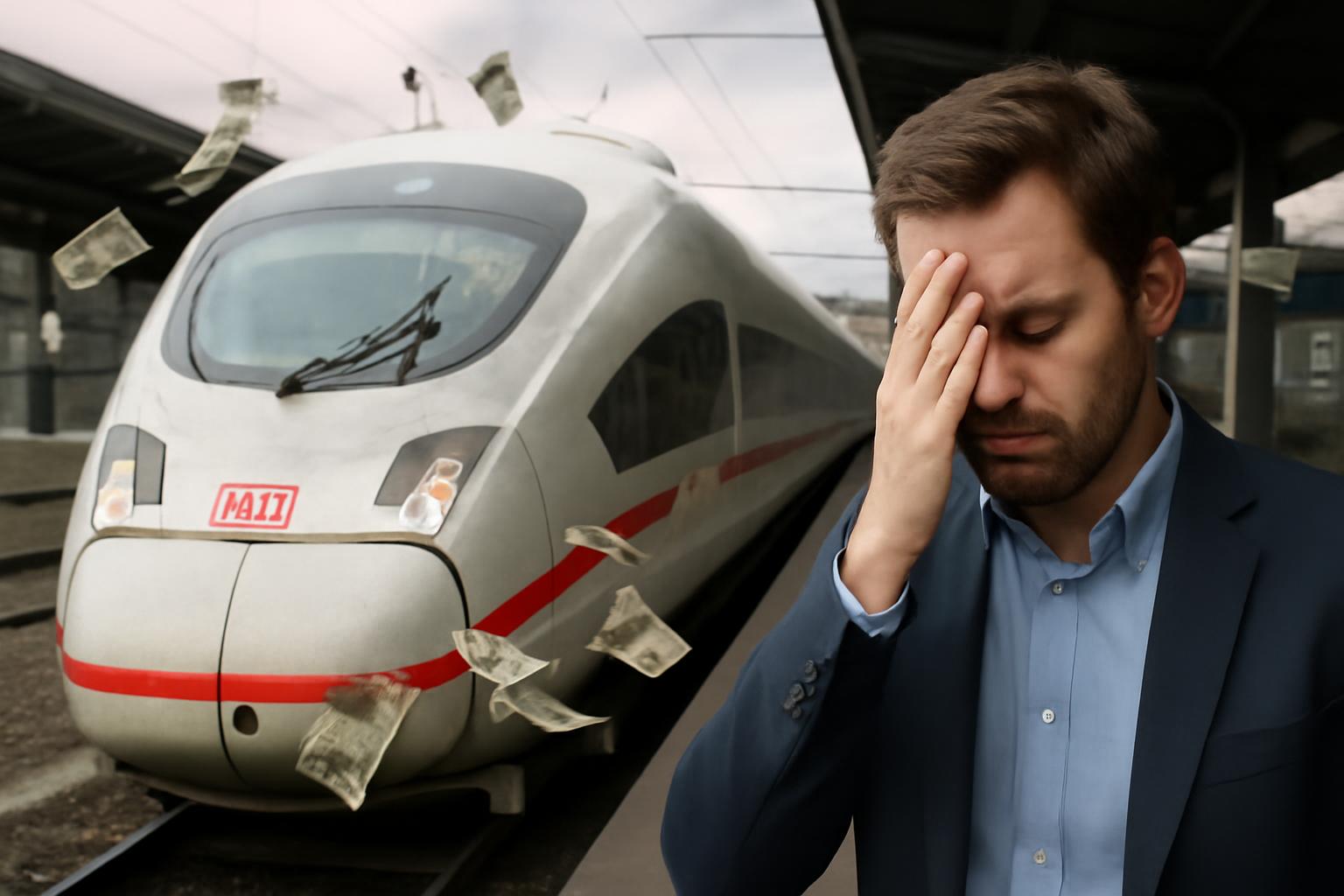The national rail company has once again reported considerable financial losses—about 760 million euros after taxes in the first half of 2025—though this represents a notable improvement over the previous year's staggering 1.6 billion euro deficit. Revenue has grown modestly to 13.3 billion euros, and operational losses have shrunk, but the enterprise continues to bleed money. At the heart of its strategy lies a sweeping overhaul intended to modernize infrastructure, with extensive renovations affecting high-traffic rail segments like the Berlin-Hamburg connection. This particular route will be entirely closed for nine months starting in August, testing both the resilience of the system and the patience of passengers. Yet experts remain skeptical, cautioning that even such major investments will not immediately translate into improved services; train punctuality, alarmingly, remains abysmal, with only 57.1% of long-distance trains on time in June, far below publicly stated objectives.
How utterly tragic and predictable! Here we observe, once more, the grave costs inflicted by decades of state control and bureaucratic monopoly over the railways—a drama of inefficiency staged endlessly at public expense. Year after year, the German taxpayer is forced to subsidize losses, merely to maintain a system that rewards mediocrity and punishes innovation. This is the inevitable consequence of an apparatus that operates not under the lash of competition, but with the complacency of being "too big to fail." Attempts at restructuring and modernization, while noble in rhetoric, are too often little more than grand schemes dictated from above, where the calculation of costs; the anticipation of consumer preferences; the flexibility to adapt; these are all subordinated to political objectives and central planning.
Do not mistake me: the modernization of infrastructure is vital, and a properly functioning railway can be a testament to civilization’s progress. But the means by which this is attempted—in this case, an all-consuming program orchestrated by a monopoly insulated from the discipline of loss and profit—is the very embodiment of the problem. The traffic on these outdated lines is not a sign of the virtue of state planning, but an indictment of the system's inability to match supply with genuine demand.
The solution is not deeper state involvement, greater subsidies, or even heavier-handed renovation initiatives—none of these will deliver the adaptability and efficiency so sorely required. Only by unleashing the power of competition—by allowing private actors, answering directly to the consumer and disciplined by the market, to develop, operate, and maintain services—will we ever see genuine improvement. For as long as Deutsche Bahn remains a nationalized colossus, progress will continue to be measured not by increased satisfaction and punctuality for passengers, but by who in the bureaucracy can flatter itself with the most impressive-sounding plans and targets.
Let us be clear: real progress does not come from the fiat of authorities, but from the spontaneous efforts of individuals free to experiment, profit, and, yes, even fail. Until the railways are liberated from the heavy hand of the state, we should expect nothing more than the dull and expensive mediocrity that bureaucracy, left unchecked, inevitably breeds.
